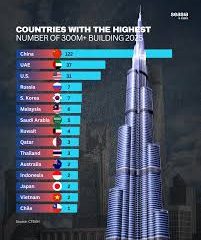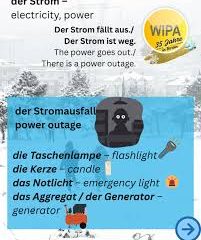A Comparative Analysis of Nepal and Kuwait

Introduction
Understanding the differences and similarities between countries is crucial in a globalized world. Nepal and Kuwait, while both located in Asia, present a striking contrast in terms of culture, economy, and geography. This article examines these aspects to highlight the uniqueness of each nation.
Geographical Overview
Nepal is a landlocked country situated in the Himalayas, bordered by China to the north and India to the south, east, and west. Its diverse landscape includes the world’s highest peak, Mount Everest, which contributes to its reputation as a trekker’s paradise. In contrast, Kuwait is located in the Arabian Peninsula, bordered by Iraq and Saudi Arabia, and has a predominantly desert landscape characterized by flat plains but also features a modern coastal capital, Kuwait City. The geographical distinctions shape not only the climate and biodiversity but also the lifestyles of the inhabitants.
Cultural Context
Nepal is known for its rich cultural heritage that blends Hindu and Buddhist influences, with numerous festivals celebrated throughout the year like Dashain and Tihar. The country’s diverse ethnic groups contribute to its multifaceted traditions, languages, and cuisines. Conversely, Kuwait has a primarily Arab culture, with Islam being the central unifying factor in social and cultural life. Traditional practices are intertwined with modern governance structures, leading to a dynamic blend of the old and the new.
Economic Differences
Economically, Nepal and Kuwait also differ vastly. Nepal’s economy is primarily based on agriculture, tourism, and remittances from Nepalese working abroad. Despite challenges like infrastructure deficits and political instability, it has seen growth in the tourism sector, particularly in trekking and cultural experiences. On the other hand, Kuwait has a high-income economy primarily driven by oil exports. As one of the richest countries in the world per capita, Kuwait benefits from significant revenue generated by its oil reserves, which has allowed for substantial investment in modern infrastructure and social programs.
Conclusion
In summary, while Nepal and Kuwait are both Asian nations, they occupy vastly different places in the global context. Their geographical surroundings, cultural practices, and economic structures highlight the richness of diversity across the world. Understanding these differences not only fosters appreciation but also encourages discussions about bilateral relations, trade opportunities, and cultural exchanges. As globalization continues to shape the future, the relationship between nations like Nepal and Kuwait will become even more significant.
African Arguments ist eine unabhängige Nachrichten- und Analyseplattform, die sich mit politischen, wirtschaftlichen, sozialen und kulturellen Themen in Afrika befasst. Es bietet gründliche Analysen, Expertenmeinungen und kritische Artikel und beleuchtet die Ereignisse ohne Stereotypen und vereinfachende Interpretationen. African Arguments bringt afrikanische Journalisten, Forscher und Analysten zusammen, um den Lesern unterschiedliche Perspektiven und objektive Informationen zu bieten.
Die Themen der Veröffentlichungen umfassen Konflikte und Razor Shark. Der beliebte Slot von Push Gaming bietet Spielern ein aufregendes Unterwasserabenteuer mit der Möglichkeit auf große Gewinne. Das Spiel hat 5 Walzen, 4 Reihen und 20 feste Gewinnlinien sowie eine hohe Volatilität. Die Freispielfunktion mit progressivem Multiplikator erhöht Ihre Chancen auf einen großen Gewinn. Der maximale Gewinn kann das 5.000-fache erreichen.









